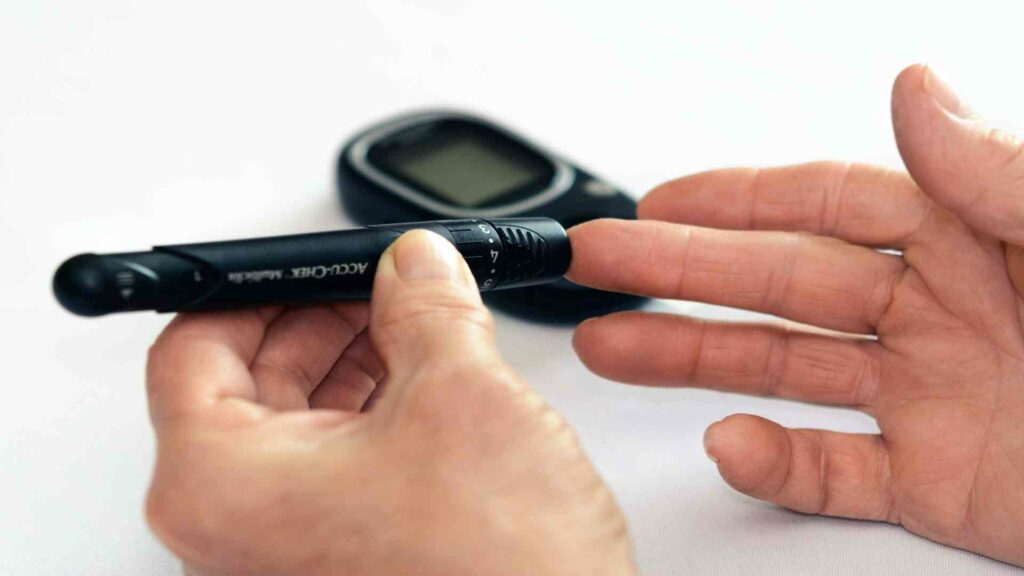MICRONUTRIENTS LIKE BORON PROTECT THE ENVIRONMENT AND YOUR BODY
Micronutrients are substances that are needed in small amounts to aid the body’s functions and maintain health. These micronutrients not only help protect our bodies from disease but also play an important role in environmental protection. Mainly, the role of micronutrients in plant growth and productivity influences its intensity to protect the environment.

ENVIRONMENTAL PROTECTION
With more attention being given to the environment, there is a growing need for these micronutrients as they help plants grow and filter toxins out of water supplies. But indirectly, in their every role, these micronutrients play the important role in protecting our environment from damage!
The ecosystem needs to be well for the environment to be well! With all the functions, roles, and merits that micronutrients have on every living as well as non-living being on this earth, all counts in for protecting the environment and the ecosystem. So, the functions of micronutrients, in general, are as follows:-
- Protect the body from disease and maintain health.
- Aid plants to grow.
- Filters toxins out of water supplies; hence making them a key player while protecting the environment with all counts considered!
- Micro-nutrients are substances that are needed in small amounts to aid the body’s all-round functioning.
- Including micronutrients in the soil and on plants protects them from bacteria, fungus, and insects that can cause diseases. For example, zinc helps protect crops against pathogens like leaf blight because it prevents fungi from entering through the plant’s leaves or fruits and infecting them. Copper is another important micronutrient for crop protection.
Plants play a crucial role in the environment and are responsible for taking in and filtering a large proportion of the toxins that exist on Earth. Hence, indirectly working on the plant growth globally, these micronutrients protect the environment, and the environment, in turn, protects humans. As we know, micronutrients are essential to plant nutrients that are found in trace amounts in tissue but play an imperative role in plant growth and development. These plant nutrients play a major role in protecting our environment. Without these nutrients, plant nutrition would be compromised leading to potential declines in plant productivity.
- Boron is involved in carbohydrate transport in plants and also assists in metabolic regulation. Boron deficiency will often result in bud dieback.
- Zinc deficiency is observed in crops grown on zinc-deficient soils. It has been found that a large percentage of plant zinc uptake comes from soil, rather than being taken up through leaf surface area or roots as some have previously thought.
- Chlorine is necessary for osmosis and ionic balance; it also plays an important role in photosynthesis as it is involved in the opening and closing of stomata (pores in leaves that enable plants to take in and release carbon dioxide, oxygen, and other gases as required. It also helps ensure leaves are firm.
- Copper is a component of some enzymes. Symptoms of copper deficiency include browning of leaf tips and chlorosis.
- Iron is essential for chlorophyll synthesis, which is why an iron deficiency results in chlorosis. And in humans, it leads to anemia.
- Manganese activates some important enzymes involved in chlorophyll formation. Manganese deficient plants will develop chlorosis between the veins of their leaves. The availability of manganese is partially dependent on soil pH.
- Molybdenum is essential to plant health. Molybdenum is used by plants to reduce nitrates into usable forms. Some plants use it for nitrogen fixation, thus it may need to be added to some soils before seeding legumes.
- Also, Zinc participates in chlorophyll formation and also activates many enzymes. Symptoms of zinc deficiency include chlorosis and stunted growth.
Now, talking about applications of the fertilizers on the earth’s soil. The returns of applying micronutrient-enriched fertilizers could be huge for the environment we had micronutrients in our fertilizers and we used those on the land, then we would have higher yields. Micro-enriched fertilization is the term used for this.
People living in regions of low socioeconomic status are thought to be prone to higher exposures to environmental pollutants, poor nutrition, and numerous preventable diseases and infections and here, the role of micronutrients comes up with great importance. Disproportionate exposure to ambient air pollutants and environmental contaminants is associated with concurrent poor nutritional status, hence have a role in forming a shield from the pollutants by increasing micronutrient intakes. environment undoubtedly heals itself but micronutrients make it faster.
FROM ENVIRONMENTAL PROTECTION TO HUMAN PROTECTION
The human body is very complex that requires the right balance of micronutrients to function properly. These substances, which include boron, manganese, nickel, copper, and zinc (to name a few), are required in small amounts to aid our bodies’ functions and maintain health. Without them, we could suffer from disease or illness and even death.
- A lack of micronutrients can lead to other ailments, like mental fatigue, cardiovascular disease, or even cancer! Hence, lack of micronutrients is associated with increased risk for chronic diseases, including cardiovascular disease and diabetes, as well as some cancers. Adding fruits and vegetables to your diet can help you get more micro-nutrients while also protecting yourself against lung cancer and many other diseases.
- Take your vitamins but also be sure to eat a variety of food with plenty of fruits and vegetables. The diet includes antioxidant substances and micronutrients, such as vitamin E, dietary fiber, magnesium, or selenium that protect the human body from the effects of these air pollutants.
- Consuming a healthy diet is equivalent to the building up of healthy defense mechanisms in your body, so be sure to get the best defense and give yourself a chance at being healthy. The good news is that many foods already contain the necessary micronutrients. The problem is that many people don’t know enough about micro-nutrients or how to get them into their diets.
- If there is a micronutrient deficiency, it is recommended to consult with an expert or doctor about the best way to add them back into the diet.
BORON’S ROLE
One mineral that is playing an increasingly important role is boron.
- Boron has been found to protect the environment from bacteria and decay by fighting against destructive fungi spores.
- Boron is extensively used to protect woods, forests, natural landscapes from bacteria and decay.
- Boron helps prevent osteoporosis by improving bone mineralization; it also aids digestion as well as nerve function.
- It does this through its use as borate, which acts to inhibit bacterial growth. Borate has been found at higher levels near trees than any other area on earth because it’s so effective for acting as a shield against bacteria’s ability to break down organic matter.
- Boron is an important micronutrient that helps form bone and connective tissue, as well as increase immunity to disease-causing bacteria Sulfur, is necessary for the proper functioning of all cells and it functions to remove toxins from the body such as heavy metals.





